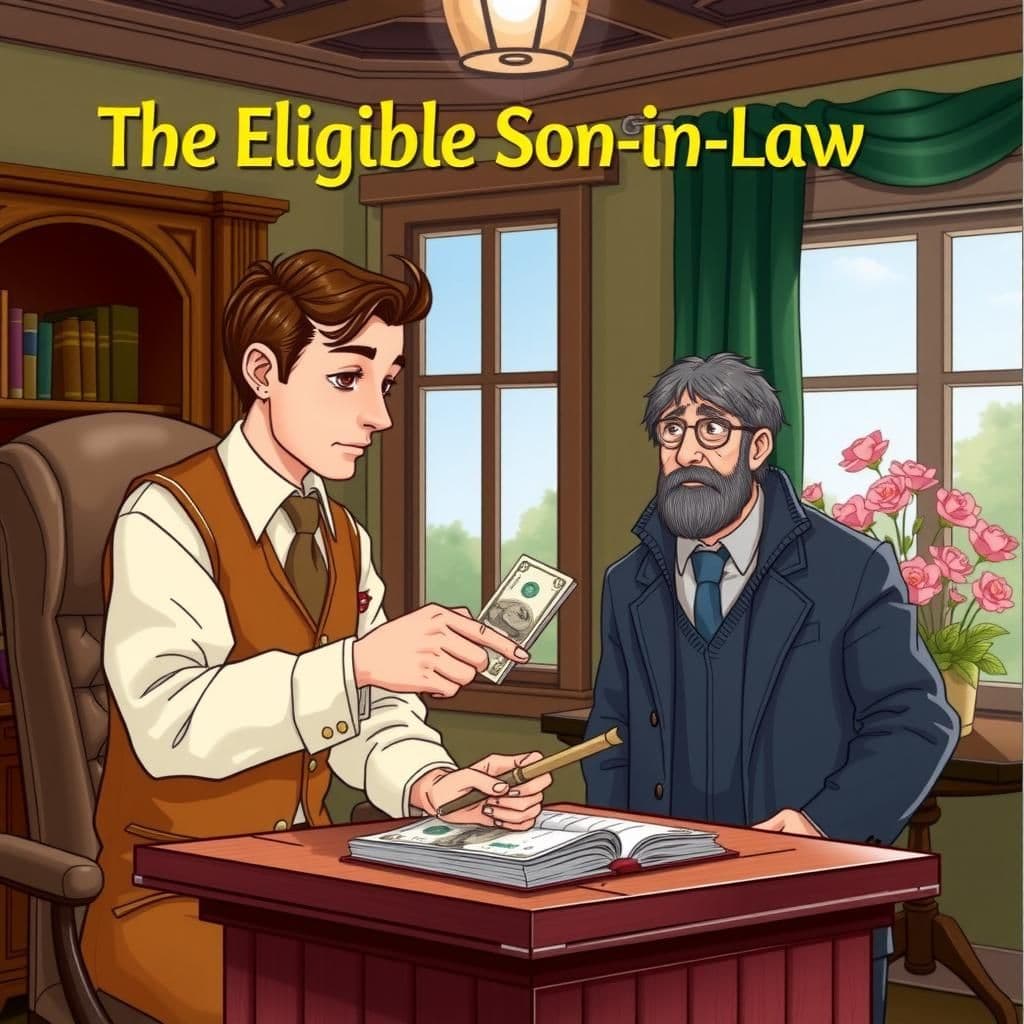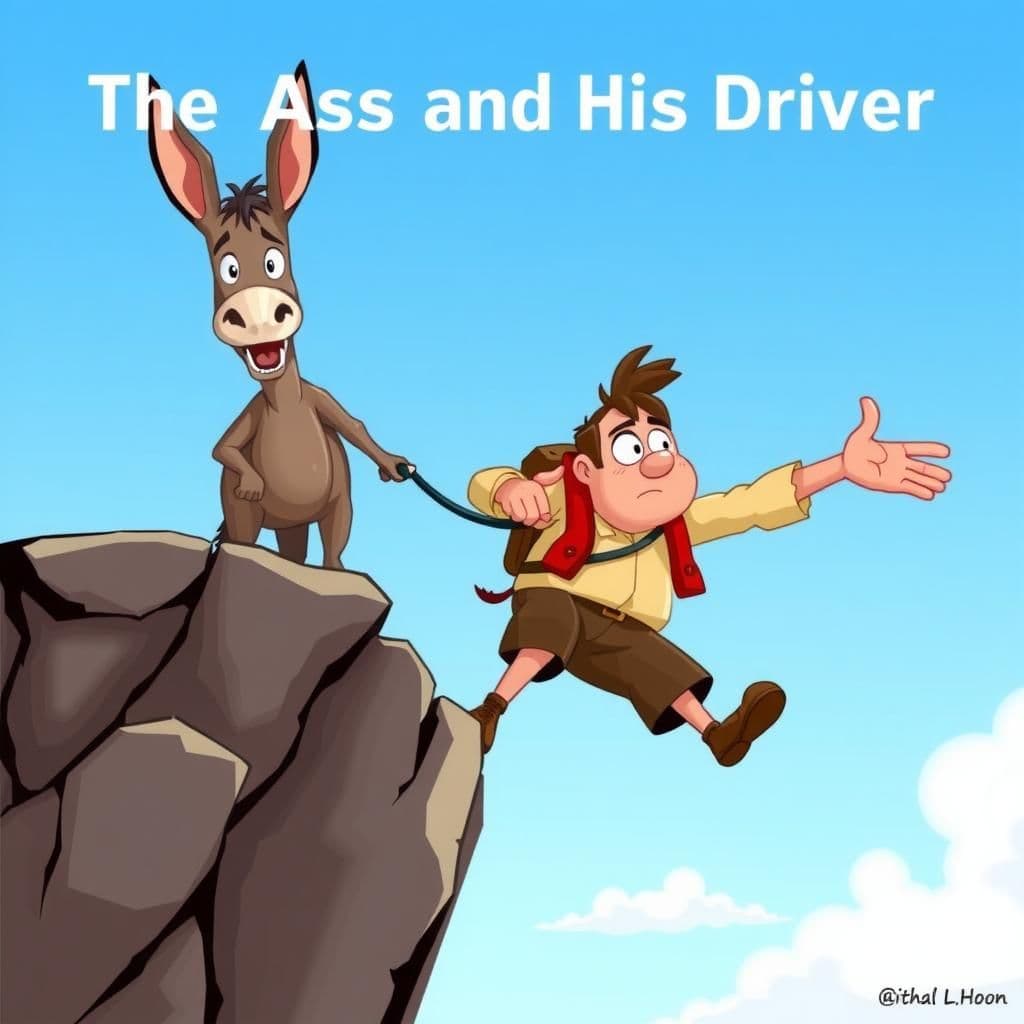The Dog Who Lost His Prey for a Shadow

Story Summary
In Aesop's classic moral story, "The Dog Who Lost His Prey for a Shadow," a dog foolishly drops its actual prey to chase after its reflection in the water, nearly drowning in the process. This entertaining tale serves as a cautionary lesson on the dangers of greed and the deception of appearances, making it a standout in short story collections with moral lessons for young readers. Aesop's fables remain among the top 10 moral stories, highlighting timeless truths about human nature.
Click to reveal the moral of the story
The moral of the story is that in pursuit of illusions or superficial gains, one may lose what is truly valuable.
Historical Context
The fable of "The Dog Who Lost His Prey for a Shadow" is attributed to Aesop, a Greek storyteller from the 6th century BCE, known for imparting moral lessons through simple narratives featuring animals. This story reflects a universal theme found in folklore across cultures, warning against the folly of greed and the illusion of desire, as seen in similar tales from Indian and Persian traditions. Aesop's fables have been retold throughout history, influencing literature and moral teachings in various societies.
Our Editors Opinion
The story of "The Dog Who Lost His Prey for a Shadow" reminds us that in our pursuit of superficial gains or illusions—like social media validation or material wealth—we risk losing what truly matters in life. For instance, a professional who prioritizes a high-paying job over meaningful relationships may find themselves lonely and unfulfilled, having sacrificed genuine connections for the fleeting allure of status and success.
You May Also Like

The Oaks and Jupiter
In "The Oaks and Jupiter," a classic moral story, the oaks lament their constant threat of being cut down, feeling burdened by life. Jupiter responds with a wise lesson, explaining that their own strength and usefulness as pillars for carpenters and farmers make them targets for the axe. This engaging moral tale highlights how our qualities can lead to both advantages and misfortunes, a theme often found in childhood stories with moral lessons.

The Eligible Son-in-Law
In "The Eligible Son-in-Law," a pious banker is approached by a shabby man seeking a loan of one hundred thousand dollars, claiming he will soon marry the banker's daughter, presenting this as the best security. The banker, unable to see the flaw in this scheme of mutual benefit, agrees to the loan, illustrating the themes often found in short moral tales that emphasize the importance of discernment and the potential pitfalls of blind trust. This folklore-like story serves as a motivational tale for personal growth, reminding readers to critically assess promises that seem too good to be true.

The Ass and His Driver
In "The Ass and His Driver," a stubborn donkey bolts toward a precipice, prompting its owner to intervene. Despite his efforts, the donkey's obstinacy leads the owner to let go, warning that the donkey will face the consequences of its choices. This concise moral story highlights how willful individuals often pursue their own paths, regardless of the risks, making it a thought-provoking quick read with a clear moral lesson.
Other names for this story
Chasing Shadows, The Dog and the Reflection, Lost in the Water, Shadows of Desire, The Illusion of Prey, Drowning for a Dream, Reflection's Deceit, The Fickle Nature of Prey
Did You Know?
This fable illustrates the dangers of greed and distraction, emphasizing how pursuing illusions can lead to losing what we genuinely possess. The story serves as a timeless reminder to value what we have rather than being seduced by the false allure of superficial gains.
Subscribe to Daily Stories
Get a new moral story in your inbox every day.